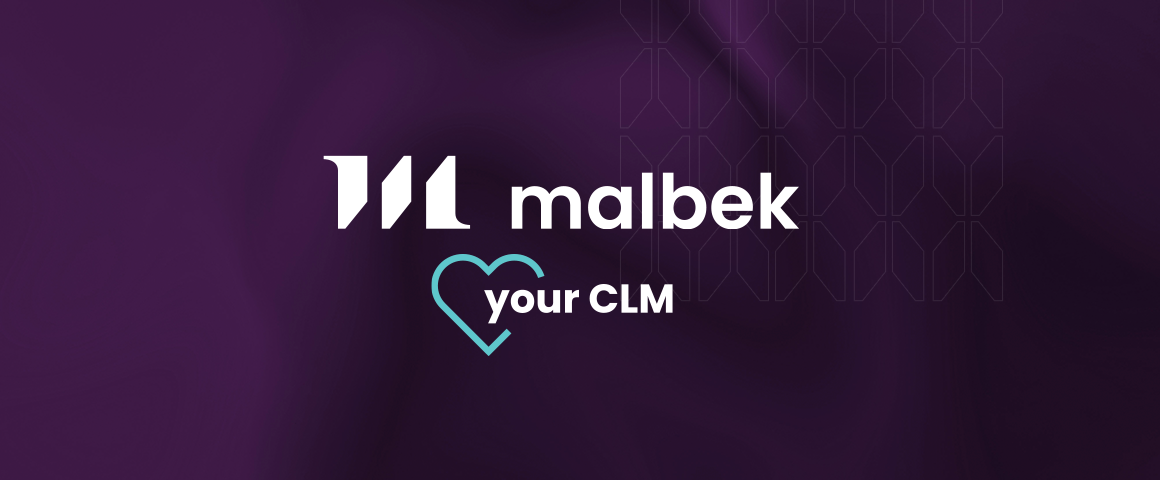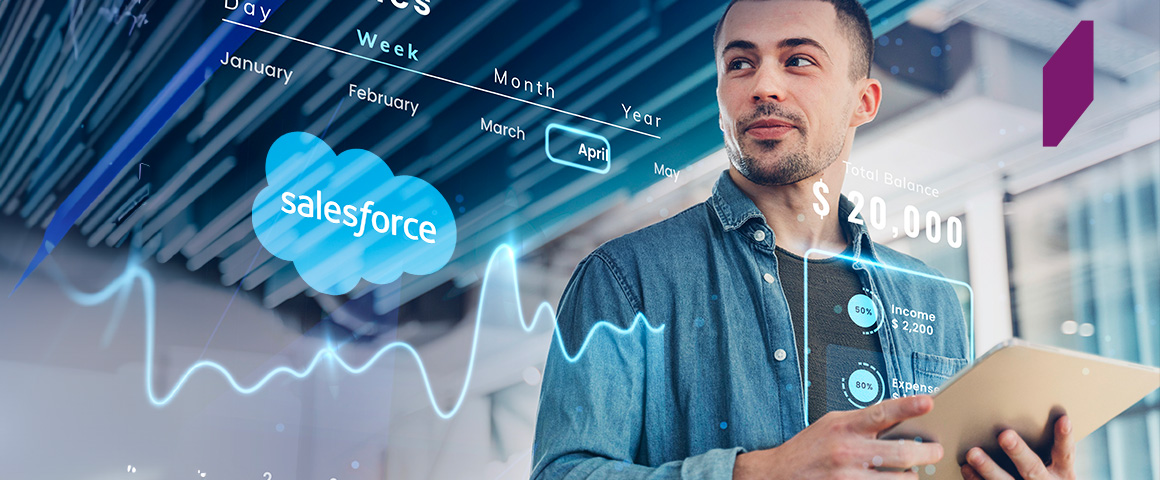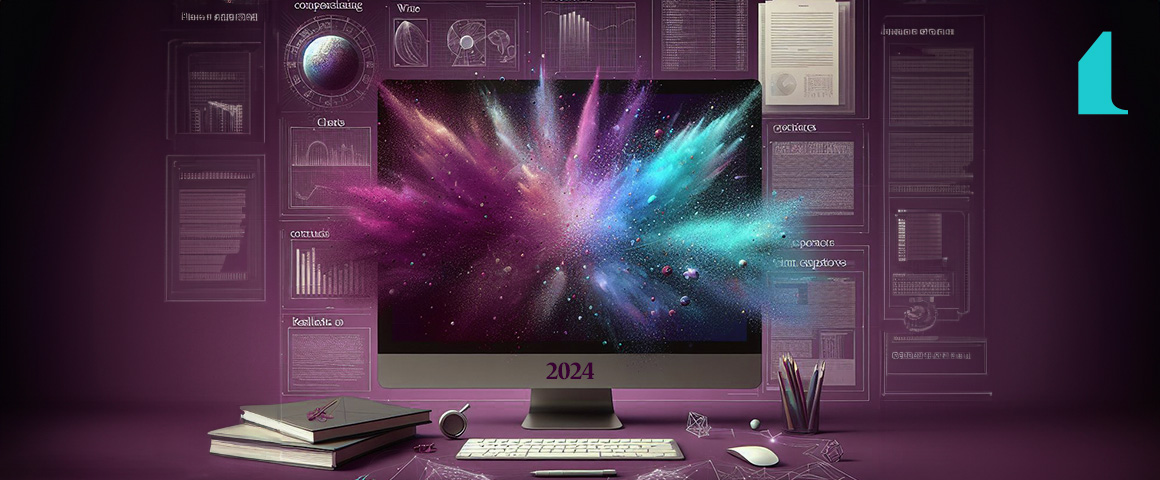
Malbek Launches ‘Contract Lifecycle Management (CLM) For Dummies’ Book
Published by Wiley, a must-read guide through the CLM landscape with ease and clarity. Princeton, N.J., April 18, 2024 (GLOBE Newswire) — Malbek, a leading provider of contract lifecycle management (CLM) solutions, is thrilled to announce the publication of the much-anticipated book, ‘Contract Lifecycle Management (CLM) For Dummies.’ Co-authored by Matt Patel, COO and Cofounder










